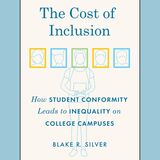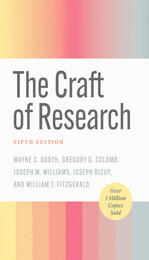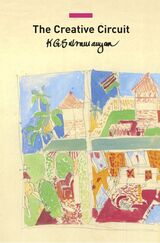6 start with I start with I
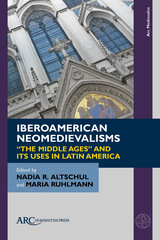
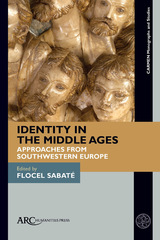
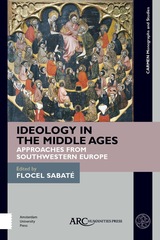
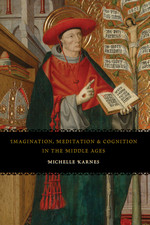

Spanish Arabism was a touchstone of the major intellectual and political issues facing Spain as it emerged from its imperial past into its current form as a modern nation-state. James T. Monroe’s survey of four centuries of Spanish scholarship on the cultural history of al-Andalus (Muslim Spain) establishes Spanish scholars on the forefront of European scholars confronting the Orientalism and colonialism at the heart of their national projects.
This reissue of James T. Monroe’s classic study of Spanish Arabism features a new foreword by Michelle M. Hamilton and David A. Wacks that offers an overview of its impact and of how the investigation of Spanish Arabism has blossomed since the publication of Monroe’s pathbreaking study.
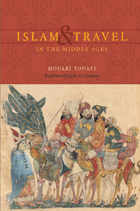
In the Middle Ages, Muslim travelers embarked on a rihla, or world tour, as surveyors, emissaries, and educators. On these journeys, voyagers not only interacted with foreign cultures—touring Greek civilization, exploring the Middle East and North Africa, and seeing parts of Europe—they also established both philosophical and geographic boundaries between the faithful and the heathen. These voyages thus gave the Islamic world, which at the time extended from the Maghreb to the Indus Valley, a coherent identity.
Islam and Travel in the Middle Ages assesses both the religious and philosophical aspects of travel, as well as the economic and cultural conditions that made the rihla possible. Houari Touati tracks the compilers of the hadith who culled oral traditions linked to the prophet, the linguists and lexicologists who journeyed to the desert to learn Bedouin Arabic, the geographers who mapped the Muslim world, and the students who ventured to study with holy men and scholars. Travel, with its costs, discomforts, and dangers, emerges in this study as both a means of spiritual growth and a metaphor for progress. Touati’s book will interest a broad range of scholars in history, literature, and anthropology.
READERS
Browse our collection.
PUBLISHERS
See BiblioVault's publisher services.
STUDENT SERVICES
Files for college accessibility offices.
UChicago Accessibility Resources
home | accessibility | search | about | contact us
BiblioVault ® 2001 - 2024
The University of Chicago Press



